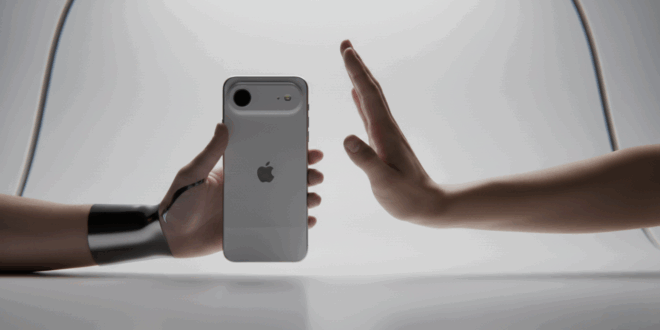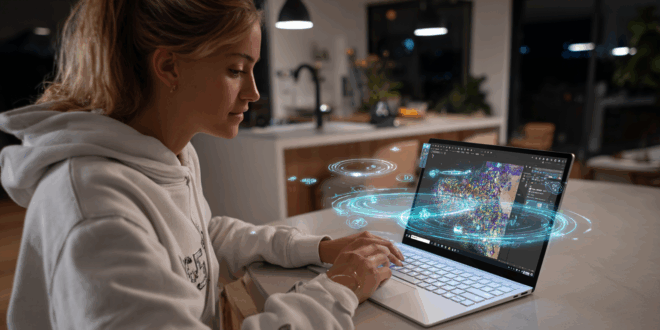Apple may delay the iPhone Air 2, potentially redesigning it to include a second camera for a 2027 launch.
Apple appears to be slowing down the development of its ultra-thin second-generation model, which has met with lukewarm public reception. This delay may allow for enhancements like a stronger battery and a dual camera setup. Initially expected next year, the successor was intended to be even thinner, featuring a more robust battery.
Currently, no official release date has been announced, although internal work on the project continues. Some engineers suggest a possible availability as soon as spring 2027, coinciding with the release of the iPhone 18 and a more affordable version, the iPhone 18e.
Disappointing Sales and Reduced Production
Apple has already cut production of the current iPhone Air to a level close to end-of-cycle. According to The Information, Foxconn, the primary manufacturer, is now only operating the equivalent of one and a half production lines.
Several reasons explain this decision. Users seem hesitant about an ultra-thin phone whose battery comes with significant compromises. Priced at $999, it remains close to the $1,099 iPhone 17 Pro, which offers three camera sensors and superior battery life.
The criticism doesn’t end with the battery. The iPhone Air suffers from limited camera capabilities, lacking an ultra-wide option like the standard models.
The integration of a second sensor seems unlikely without significant advancements or alterations in design. The current model’s technical feat of combining slimness and speed does not sufficiently offset these limitations.
Apple Air: “Too Thin to Please”
The failure of the iPhone Air highlights that thinness doesn’t sell if it compromises daily usability. Users prioritize battery life and photo quality first and foremost.
Charging cases almost negate the advantage of having a lightweight phone, rendering thinness redundant. The delay of iPhone Air 2 presents Apple with the chance to rethink the design and incorporate a second camera. This approach aims to bring the ultra-thin model closer to the standard iPhone 18, making it more appealing and comprehensive in the eyes of consumers.
Simultaneously, it is evident that the pursuit of ultra-thin models is a challenge beyond Apple. Samsung has reportedly canceled the Galaxy S26 Edge, emphasizing the difficulty in melding thinness, battery life, and photographic capabilities.
Thus, the iPhone Air may only see its second model appear at a delayed pace, in 2027, marking a break from Apple’s usual annual release cycle.





